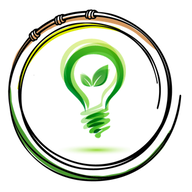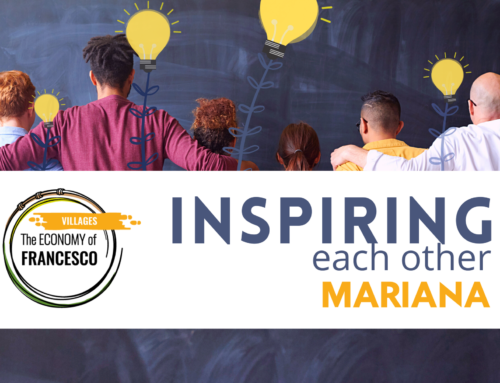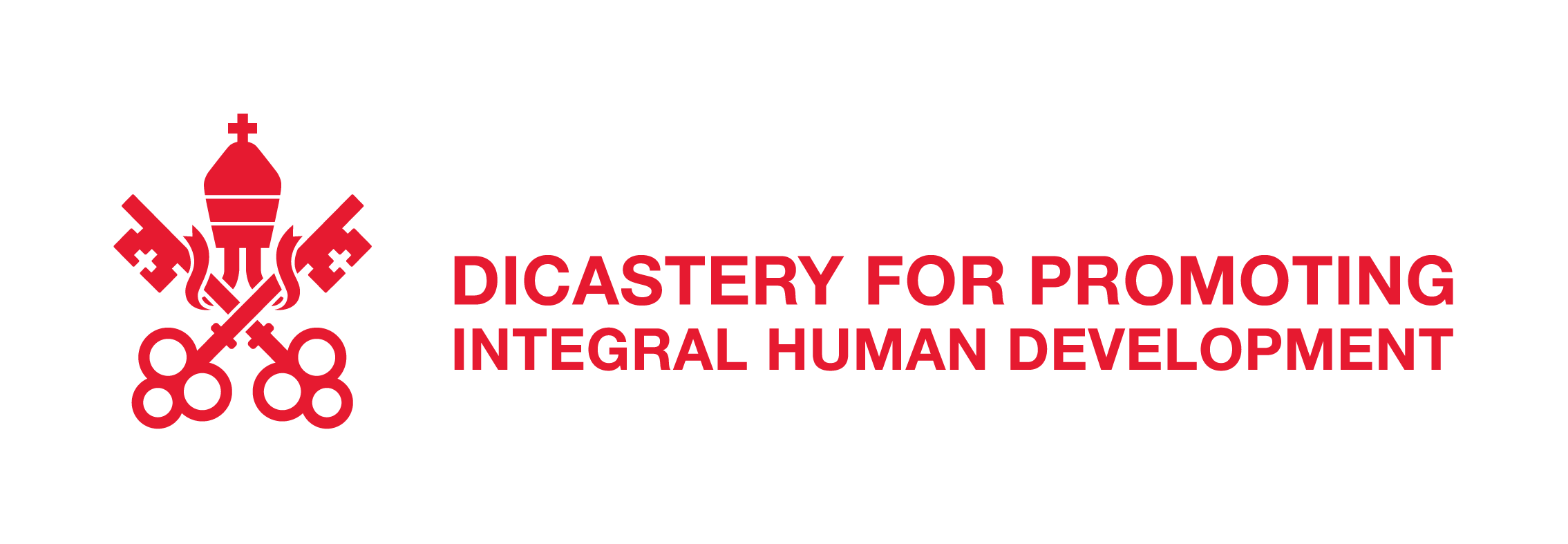“From the Green Deal to a “Social” Green Deal: for a future where energy does not divide, does not pollute, and includes the most fragile people”.
With these words, the coordination team introduced the issue of the Energy and Poverty village. We met them.
By Economy and Poverty Village

Why energy and poverty?
Access to safe sources of energy is an ever-increasing determining factor of well-being in today’s society. Energetic inequalities are shaping our world and, as we transition towards greener economies, energy plays a key role. Our economic paradigm is based on an infinite growth with a consequent increase in energy needs and in cost of energy production. As usual, poor people are the ones that pay the bill: they have less responsibility, but are the most affected. Is it possible to build a model in which poor people will benefit from the energy transition toward a renewable energy system? Can we take advantage of this prophetical time to avoid the poor people paying the bill? In our Village, we aim at underlying the importance of providing affordable and clean energy for all, as according to SDG 7, narrowing the gap that keeps developing countries under check.
How are you working? What are the topics?
Our work is divided into four main streams: Research, Projects, Startups and Webinars. Each concerned with finding alternative views to the energetic issue in its relation with poverty. Our villagers are working voluntarily to develop communication strategies that tap into the main pillars of energy production and distribution, giving insights in the opportunities in this area and taking action in this direction. Some of our latest themes were: energetic independence in developing countries; global energy transformation, the green deal and renewable energy solutions and more.
What are the participants experiencing?
Our villagers are experiencing how collective faithful work can produce unexpected results.
Although it’s rough to kick-start initiatives of this kind, we are trying to break the standards by overcoming the barriers of distance through the use of digital means to provide a unique result that can help communities thrive.












